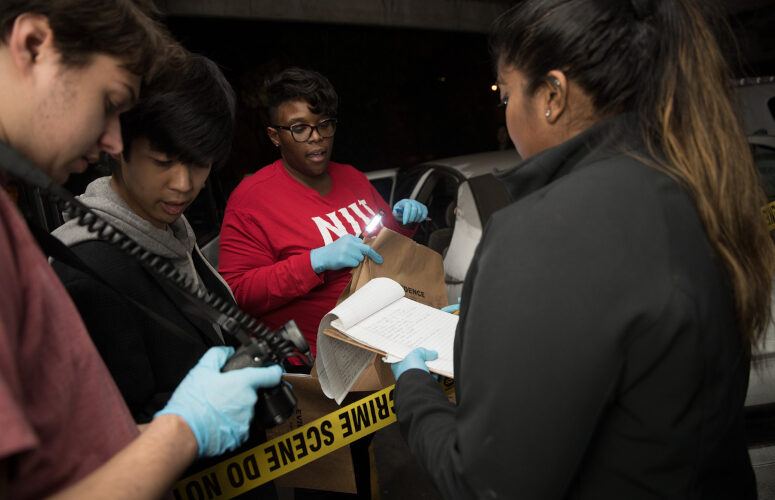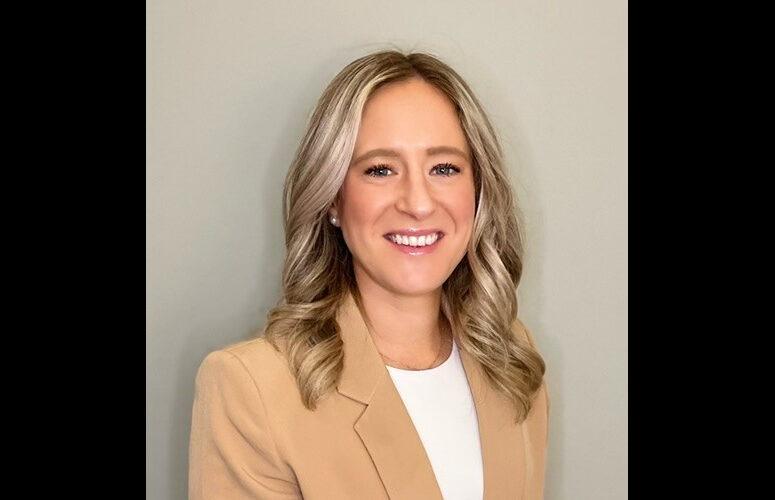
$1.4 Million Federal Grant Launches NJIT Forensic Science Initiative
Introducing Newark High School Students to STEM
On Jul 16, 2021Federal funding supporting New Jersey’s “Opportunity Meets Innovation” higher education challenge will introduce Newark high school students to forensic science as a pathway to college – and a STEM education – under a new program from New Jersey Institute of Technology.
The New Jersey Institute of Technolgy Forensic Science Initiative (FSI) is backed by $1.4 million in seed money from the U.S. Department of Education, which the state is distributing in the second round of its Governor’s Emergency Education Relief (GEER) fund.
FSI will welcome its first students in the summer of 2022 with a five-week intensive experience at NJIT featuring class work, lab work, field research, tutoring and college preparation counseling. That fall, the students will start an introductory course that includes working with a professional on a capstone research project and attending a forensic conference. At the same time, students will continue to receive tutoring and counseling through NJIT’s TRiO program. Also, NJIT will help high school teachers become certified to eventually teach forensic science in their own schools.
FSI complements other NJIT efforts designed to introduce Newark high school students to college, including its highly successful Math Success Initiative and Honors Scholars Program. Collectively, they seek to increase the number of Newark residents who attend NJIT and ultimately pursue careers in STEM, and other fields.
“We feel an obligation to truly prepare students for success, not just review their admission submissions,” said NJIT President Joel S. Bloom. “Newark Public Schools students will be the ultimate beneficiaries of this initiative by being prepared to enter and succeed at NJIT and go on to careers in the STEM fields of their choosing.”
NJIT launched its B.S. in forensic science in 2018, becoming the first university in the state to offer such a program. The fast-growing field includes jobs such as medical examiner, crime scene investigator, crime lab analyst and digital forensic examiner, forensic ballistic expert and bloodstain pattern analyst. Enrollment in the program has grown three-fold since its inception, according to its director, David Fisher, a former criminalist.
NJIT chose forensic science for its initiative because high school students often find it “more interesting and accessible than biology, chemistry, physics or mathematics,” explained Kevin Belfield, dean of NJIT’s College of Science and Liberal Arts (CSLA), which will manage FSI in partnership with the university’s Center for Pre-College Programs (CPCP). “Because it incorporates topics from all of these subjects, it can serve as a ‘stealth’ mechanism to help students develop competency and preparation for college-level STEM work. It also opens pathways in related fields.”
“We want students to know more by being exposed to this field,” added Jacqueline Cusack, executive director of the CPCP. “This is a fantastic opportunity to get their interest piqued, to get them informed, to give them more options – that’s what you want. You want students to know more so they can be more informed about their decisions.”
Also, by certifying high school teachers in forensic science, NJIT will provide the professional development that educators want but can’t always get due to budgetary constraints, Cusack noted. Such training also empowers schools to expand their curriculum. “We view this as a critical component to support what happens in their school homes,” Cusack added.
NJIT’s $1.4 million grant is part of a pool of $28.5 million in federal money that the N.J. Office of the Secretary of Higher Education is distributing under GEER to more than 30 colleges and universities in the state and comes as higher ed emerges from a year of challenges wrought by the COVID-19 pandemic. As such, the money will enable institutions to invest in programs that expand college and career opportunities, particularly for first-generation college students.
“Supporting our institutions will continue to be a priority as they work to provide an equitable education experience for students, prepare them for the jobs of the future and meet challenges ahead,” N.J. Gov. Phil Murphy said.
To access more business news, visit NJB News Now.
Related Articles:





